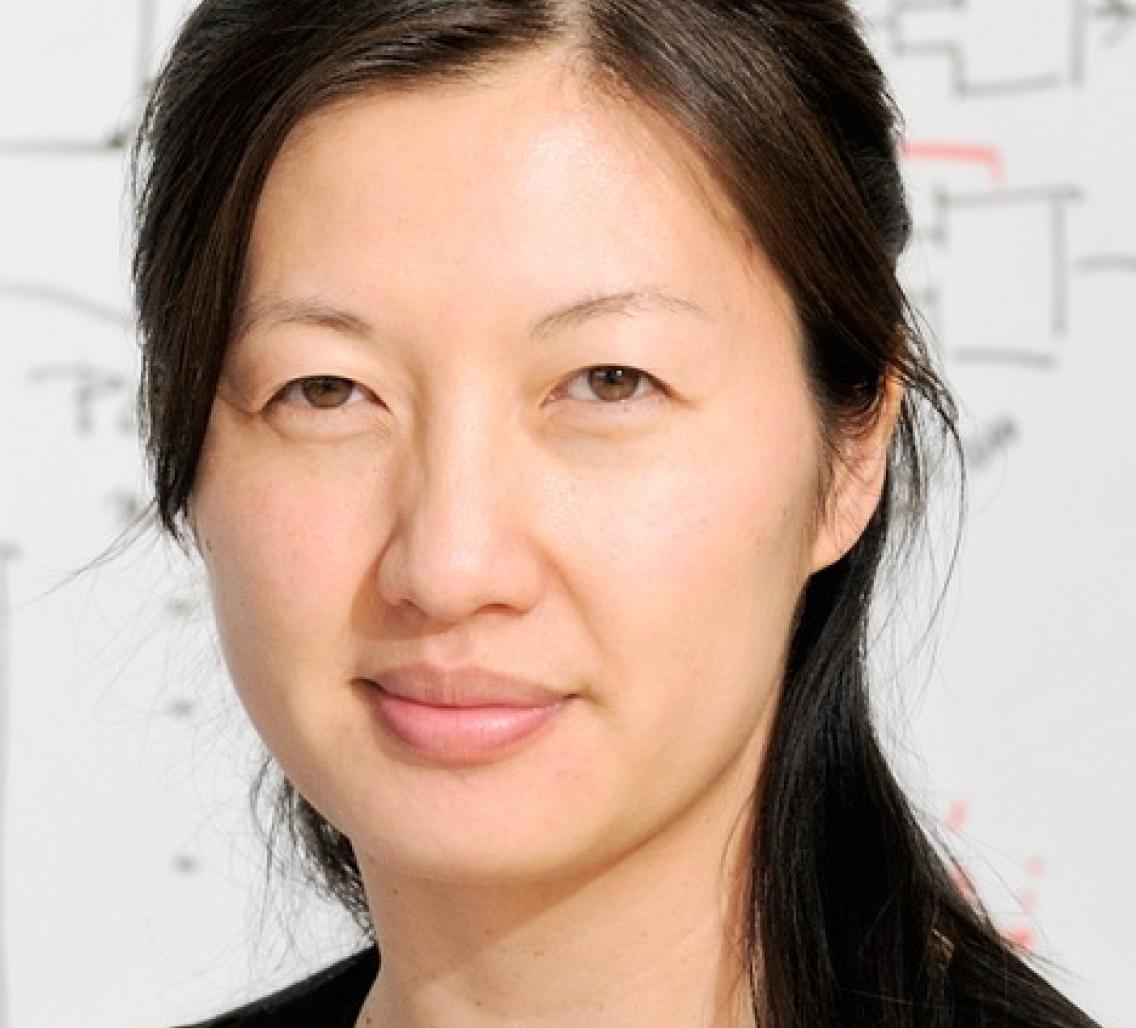Event Details:

Alice Ting
Professor of Genetics and of Biology
Department of Chemistry
Stanford University
Abstract
Probing the molecular and functional properties of activated cellular ensembles is essential for understanding how these networks give rise to tissue and organ function. Changes in intracellular calcium levels report a variety of activated signaling pathways. To genetically tag cells that exhibit activity-related increases in calcium concentration, we developed a rapid and sensitive calcium integrator that can operate with minute-resolution (FLARE2). We demonstrated the capabilities of FLARE2 by transcriptionally labeling activated neural ensembles in the mouse brain. Using single-cell RNA sequencing, we detected FLARE2 transcripts among the endogenous transcriptome, providing simultaneous readout of both cell- type and calcium activation history. We also used FLARE2’s modular design to express an optogenetic ion channel in activated ensembles to probe their functional role in driving behavior.
Bio
Alice Ting is Professor of Genetics, Biology, and by courtesy, Chemistry at Stanford. She relocated with her lab from MIT to Stanford 3 years ago and is now situated in the Clark Center. She is an active member of both ChEM-H and the Wu Tsai Neurosciences Institute, co-leading a Big Ideas team working on “neuro-omics”. A native of Texas, Alice completed her undergraduate studies in Chemistry at Harvard. Then she studied under Peter Schultz for her PhD at UC Berkeley, and under Roger Tsien for her postdoc at UCSD. Her lab develops molecular technologies for studying proteins and signaling pathways in living cells and organisms, and applies them to neuroscience and mitochondrial biology. Her work has been recognized by the NIH Pioneer Award, the McKnight Technological Innovations in Neuroscience Award, and the ACS Arthur Cope Scholar Award, among other prizes. She is an investigator of the Chan Zuckerberg Biohub.